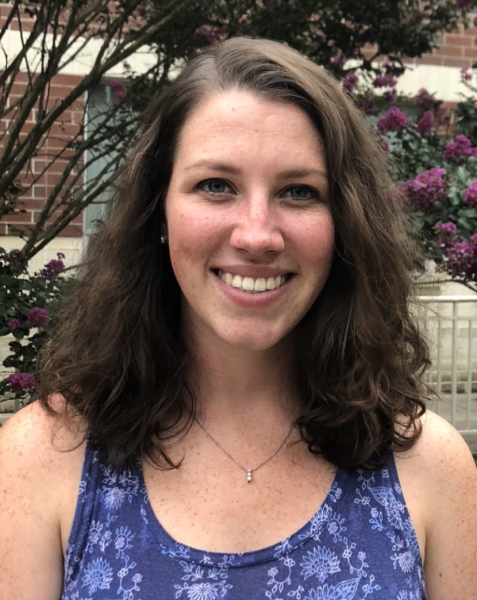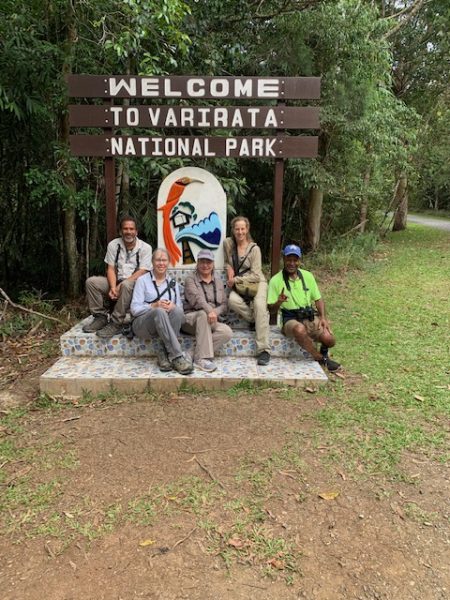The PGC’s Kestrel Conservation Initiative: Teamwork makes the dream work!
Dan Mummert - PA Game Commission’s wildlife diversity biologist for southeastern Pennsylvania
Since 2016 the PGC has been ramping up their conservation efforts for the American Kestrel throughout southeastern PA. This talk will provide information about these small, declining falcons and highlight some of the accomplishments made and information learned from this study. The talk will also help highlight the importance of teamwork in conservation projects such as this and explain how the success of this kestrel program has only been possible with the continued help of a dedicated team of partners and volunteers including the West Chester Bird Club.
For the past 18 years, Dan Mummert's work has been focused on the conservation of the state’s rare and declining species of birds and mammals. Before being hired by the PGC, Dan worked as a wildlife biologist in California, Utah, Arizona, Delaware, Maryland, and western Pennsylvania. Dan studied wildlife conservation in college and received his B.S. from the University of Delaware and M.S. from Northern Arizona University.
Note: This meeting will be held in person at the meeting house and via Zoom. Zoom signon will start at 7:15 to enable the meeting to begin at 7:30.


